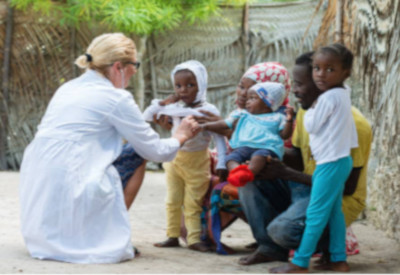Our vision is to achieve more ethical practices and policies relevant to human health.
Our Mission is to identify and address key ethical issues in science, clinical care, and public health, locally and globally.
Through an ever-expanding array of programs and projects, the Berman Institute has a direct, positive impact on the health and well-being of millions of people in developed and developing countries around the world
Featured Projects




Projects Finder
Find projects related to your area of interest—or explore the work of our faculty and students.
Browse by Topic
Service
In addition to their original research, scholarship, teaching, mentoring, and public awareness outreach, our faculty perform significant service – at the world-renowned Johns Hopkins Hospital, and in the broader community.

Partnerships
We collaborate with institutions and networks in the U.S. and internationally to advance bioethics knowledge, capacity and infrastructure.

Areas of Impact

Latest News / Posts



